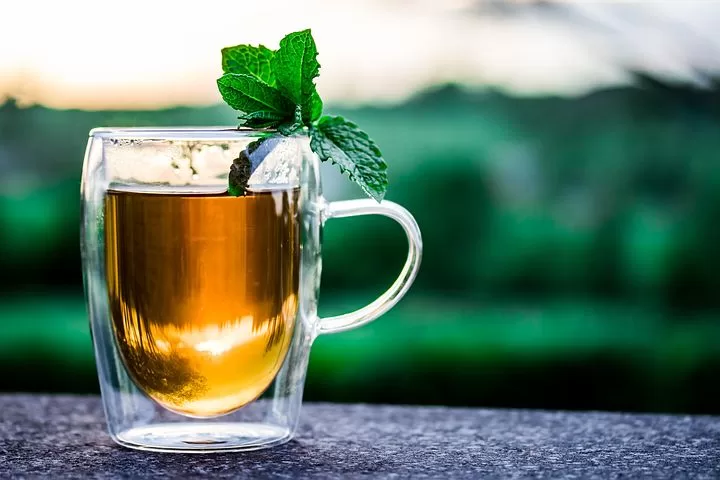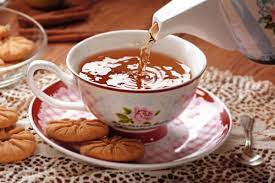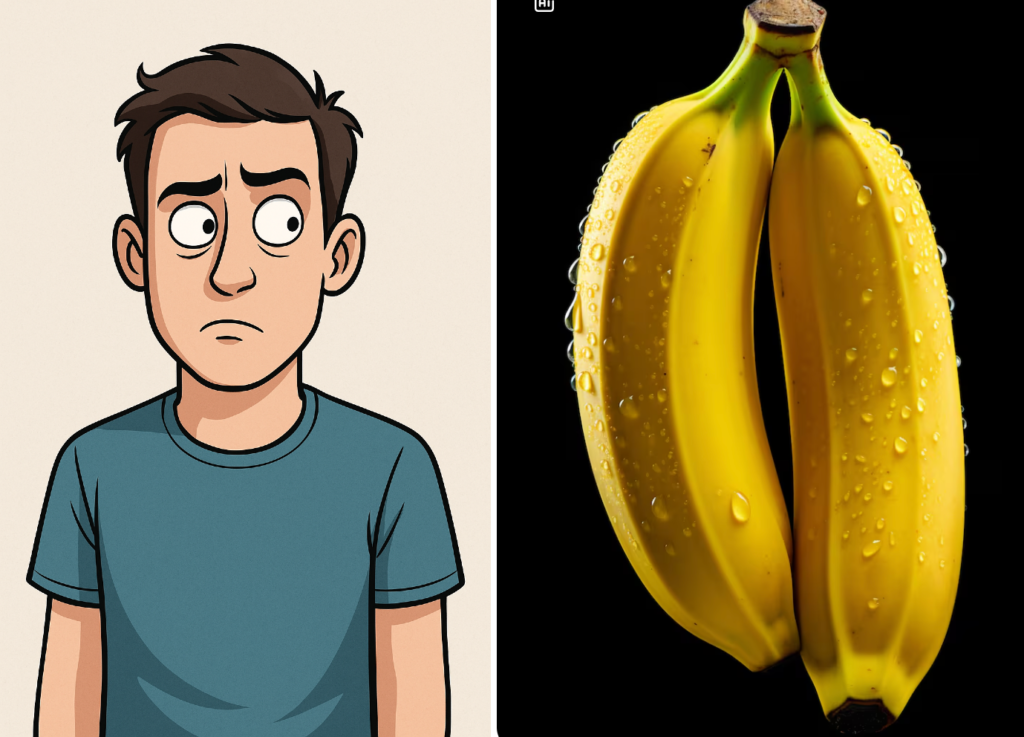Tea is a hot beverage made from the dried leaves of the Camellia sinensis plant. It is a popular drink consumed worldwide, with different countries having their own unique ways of preparing and enjoying it. Tea is known for its refreshing taste and calming properties, making it a go-to drink for many people.
Tea is a beloved beverage that has been enjoyed for centuries. Its refreshing taste, calming properties, and health benefits have made it a popular choice for people around the world. Whether enjoyed hot or cold, plain or with additions, tea is a versatile and accessible drink that brings people together and provides a moment of relaxation in our busy lives. Its rich cultural history and association with hospitality and community have made it a beloved symbol in many cultures, contributing to its enduring popularity.
In this article, we will walk you through an interesting chapter on the history of tea, its cultural significance, and the 12 most consumed varieties of tea based on popularity. Enjoy the read!

History
The history of tea can be traced back to ancient China, where it was first used for medicinal purposes. Legend has it that the emperor Shen Nung discovered tea when leaves from a wild tea plant fell into his boiling water. He tasted the resulting drink and found it to be refreshing and invigorating. From there, the consumption of tea spread throughout China and eventually made its way to other parts of the world.
There are several reasons why people drink tea. For some, it is a way to relax and unwind after a long day. Others drink tea for its health benefits, as it contains antioxidants and other compounds that may help prevent chronic diseases. Some people simply enjoy the taste of tea and the ritual of brewing and sipping it.
Tea is also a versatile drink that can be enjoyed in many different ways. Some people prefer it hot, while others like it iced. Tea can be served plain or with a variety of additions, such as milk, honey, or lemon. In some cultures, tea is an important part of social gatherings and ceremonies.
One reason why tea is so famous throughout the world is its accessibility. Tea is a relatively inexpensive drink that can be purchased in most grocery stores and cafes. It can be brewed at home or enjoyed at a tea shop or restaurant. Because of its wide availability, tea has become a staple in many cultures and is enjoyed by people from all walks of life.
Tea’s popularity also lies in its association with wellness and relaxation. Many people turn to tea as a way to unwind and de-stress, whether it’s a cup of chamomile before bed or a green tea break during a busy workday. The health benefits of tea, including its antioxidant properties, have also contributed to its popularity.
12 Different Types Of Tea Enjoyed Worldwide
Tea is steeped in tradition and cultural significance. In some cultures, tea ceremonies are an important part of daily life and are steeped in symbolism and ritual. In other cultures, tea is associated with hospitality and is offered to guests as a sign of welcome. Because of its rich cultural history, tea has become a symbol of hospitality, comfort, and community.
Tea is a beloved beverage that comes in many different varieties, each with its own unique taste and properties. Here are 12 different types of tea consumed and enjoyed across the world.
Darjeeling tea:
Darjeeling tea is a type of black tea grown in the Darjeeling region of India. It has a unique, fruity flavor and is often served plain or with a touch of milk.

Black tea:
Black tea is one of the most commonly consumed types of tea, known for its strong, robust flavor. It is made from fully oxidized tea leaves and is often served with milk and sugar.
Green tea:
Green tea is another popular type of tea, known for its light, refreshing flavor, and numerous health benefits. It is made from unoxidized tea leaves and is often consumed plain or with a touch of honey.
White tea:
White tea is a delicate, lightly flavored tea made from the youngest leaves of the tea plant. It is minimally processed and is often served plain or with a slice of lemon.
Oolong tea:
Oolong tea is a partially oxidized tea that falls somewhere between black and green tea in terms of flavor and color. It has a complex flavor profile and is often served plain or with a hint of floral or fruity notes.
Pu-erh tea:
Pu-erh tea is a fermented tea that is aged for several years, giving it a rich, earthy flavor and numerous health benefits. It is often served plain or with a touch of honey.
Assam tea:
Assam tea is another type of black tea, grown in the Assam region of India. It has a strong, malty flavor and is often served with milk and sugar.
Earl Grey tea:
Earl Grey tea is a black tea flavored with the oil of bergamot, a type of citrus fruit. It has a distinctive, floral flavor and is often served with a slice of lemon.
Jasmine tea:
Jasmine tea is a type of green tea flavored with jasmine flowers. It has a light, floral flavor and is often served plain or with a touch of honey.
Chai tea:
Chai tea is a spiced tea made with black tea, milk, and a blend of spices such as cinnamon, cardamom, and cloves. It has a warm, comforting flavor and is often served with a touch of honey.
Yerba mate tea:
Yerba mate tea is a type of tea made from the leaves of the yerba mate plant. It has a strong, bitter flavor and is often consumed in South America as a social drink, often shared from a communal gourd.
Rooibos tea:
Rooibos tea is a type of herbal tea made from the leaves of the rooibos plant. It has a sweet, nutty flavor and is often consumed plain or with a touch of honey.
Each of these 12 types of tea has its own unique flavor and properties, making it a favorite among tea drinkers worldwide. Whether you prefer the strong, robust flavor of black tea or the delicate, floral notes of jasmine tea, there is a type of tea out there to suit every taste preference.
Herbal infusion
Herbal infusions, also known as herbal teas or tisanes, are made by steeping a variety of herbs, fruits, flowers, or leaves in hot water. Unlike true tea, which is made from the leaves of the Camellia sinensis plant, herbal infusions are not derived from tea leaves and do not contain caffeine. They are often consumed for their therapeutic properties, as well as their delicious flavors.
Fruit teas
Fruit teas are a popular type of herbal infusion made from dried fruits or fruit pieces. These teas are often naturally sweet and have a fruity flavor. Common fruits used in fruit teas include apples, berries, citrus, and tropical fruits. Fruit teas are often enjoyed as a caffeine-free alternative to traditional tea or coffee, and they can be enjoyed hot or iced.
Flower teas
Flower teas are another type of herbal infusion that is made by steeping dried flowers in hot water. Some of the most popular types of flower teas include chamomile, rose, lavender, and hibiscus. These teas are often enjoyed for their soothing properties and delicate floral flavor.

Leaf teas
Leaf teas are herbal infusions made from a variety of leaves, including mint, lemon balm, and nettle. These teas are often enjoyed for their refreshing, invigorating properties, as well as their unique flavor profiles. Mint teas are particularly popular for their ability to soothe digestive issues and freshen your breath, while lemon balm teas are often consumed for their calming properties.
Overall, herbal infusions are a popular beverage choice for those looking to enjoy a delicious and healthy drink. They are often caffeine-free, making them a great alternative to traditional tea or coffee. Additionally, many herbal infusions are believed to have various therapeutic properties, making them a popular choice among those looking to improve their overall health and well-being. With a wide variety of herbs, fruits, flowers, and leaves available, there is sure to be an herbal infusion that suits every taste preference.
Tea for a bout of energy and the zeal
Tea is known for its ability to provide a burst of energy and a sense of zeal, and this is due to several factors. First, tea contains caffeine, which is a natural stimulant that can help to increase alertness, focus, and mental clarity. Caffeine works by blocking the action of adenosine, a chemical that makes you feel tired and sluggish.
In addition to caffeine, tea also contains theanine, an amino acid that is believed to promote relaxation and reduce stress. Theanine works by increasing the production of alpha waves in the brain, which is associated with a state of relaxation and mental clarity. When consumed in combination with caffeine, theanine can help to provide a sense of calm focus, rather than the jittery energy often associated with caffeine consumption.
Furthermore, certain types of tea, such as green tea and yerba mate, contain antioxidants known as catechins and polyphenols. These compounds have been shown to have a variety of health benefits, including reducing inflammation and improving cardiovascular health. By promoting overall health and well-being, these compounds may contribute to a sense of energy and vitality.
Conclusion
The act of drinking tea itself can be a relaxing and rejuvenating experience. Taking a few minutes to sit down, breathe deeply, and enjoy a warm cup of tea can help to reduce stress and promote a sense of well-being. This mindfulness and focus on self-care can also contribute to a sense of energy and enthusiasm for life.
With the 12 different varieties of tea for your happiness and well-being and the choice of herbal infusions, you can drive your blues away. Tea serves you an active and healthy to perform better as a professional or a homemaker. Tea provides a burst of energy and a sense of zeal through its content of caffeine and theanine, as well as its antioxidant compounds and the calming effects of the tea-drinking experience itself. Enjoy your cup of tea to its fullest.
Disclaimer: This information is for educational purposes only, and no medical advice should be inferred from it. Before changing your diet or adding supplements, please talk to your doctor.
The author’s views are his or her own. The facts and opinions in the article have been taken from various articles and commentaries available in the online media and Eastside Writers does not take any responsibility or obligation for them.
Note: Contact our Writers at www.eastsidewriters.com for writing Blogs/Articles on any niche. We have experts in various domains from Technology to Finance and from Spirituality to Lifestyle and Entertainment.






